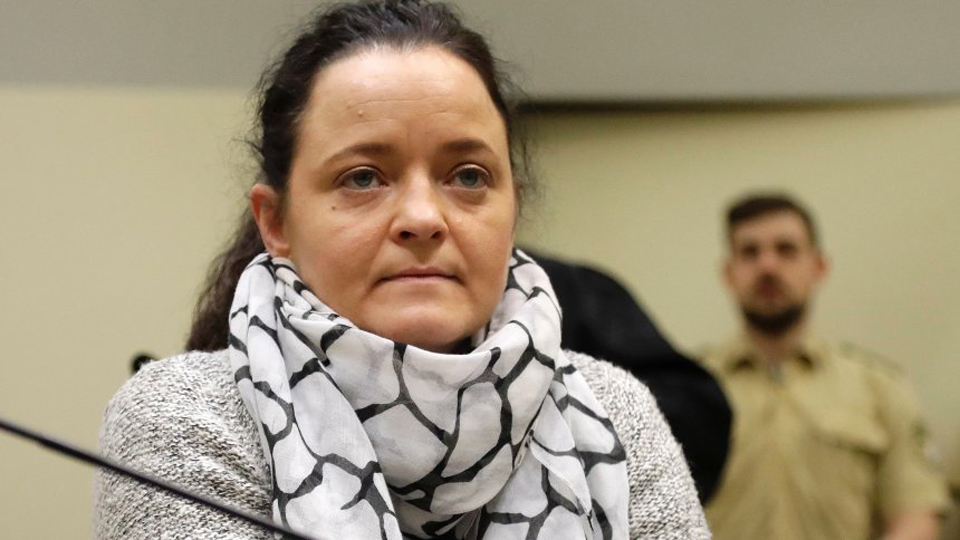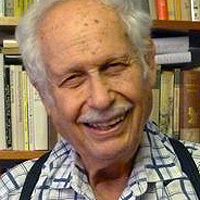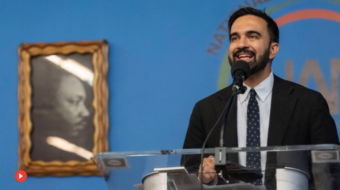
BERLIN – German law has no death penalty; she was sentenced to life in prison. While her appeal has little chance of success, the law permits those with life sentences to apply for parole after 15 years, often with success. But her murderous career is ended, for now.
The recently ended trial in Munich of Beate Zschäpe and four minor accomplices lasted five full years! Many breathed a sigh of relief on hearing the verdict against her. She had appeared in court every day, incredibly with a smile as she refused to say anything at all.
Beginning in 2000 she worked with two male friends in killing ten men in cities all over Germany. Mostly small shopkeepers, their only connection to one another was their immigrant background, Turkish, in one case Greek. The killers also robbed banks, killed a German policewoman and set off an explosion in a Turkish-German neighborhood, wounding many. Their motive was to spread hatred; their cause, the National Socialist Underground, from the lying title Hitler chose for his party, in other words – fascism. In 2011 the two male killers allegedly shot themselves, or each other, in a single moment, and set fire to the mobile home they had rented, while Zschäpe set fire to their jointly rented apartment.
Many unsolved mysteries remain. How did the local police chief immediately know the identity of the two dead men? Why had he inquired about them with the German FBI-equivalent just a day earlier – or was it the same day? Why were the two cops who immediately arrived at the scene so vague and contradictory about everything else, like their chief, but insistent that no-one else could have been involved – and escaped? Why was the vehicle, only partially burned and still unchecked for clues, towed away bumpily to a garage, making any proper search of the death site impossible?

The questions piled up. Why, after each murder, all in different states, did the police reject the idea that hatred of foreigners might be involved, encourage suspicion of the victims’ families and, when intimidating searches produced nothing but distress, push the idea that some “Turkish Mafia” must be involved, thus hindering genuine searches which might have prevented the next tragedies?
And why did a government agent, one of many active participants in fascist movements they are spying on, right in the Internet café where one victim was shot, leave without hearing, seeing or knowing about the murder or the corpse he must have passed? Why was he protected from inquiries? Why did the Interior Minister of Hesse, where the killing took place, stubbornly reject being questioned about his agent – and hinder scrutiny of the relevant documents, which are now locked away from public (or legal) view for an amazing 120 years? (No, that number is not a typo!)
And there remains perhaps the biggest question of all: Why does the same man now remain as Minister President of the state of Hesse and as a powerful figure in the party of Angela Merkel, the Chancellor of Germany, the same Merkel who had promised a full examination of the case five years ago?










